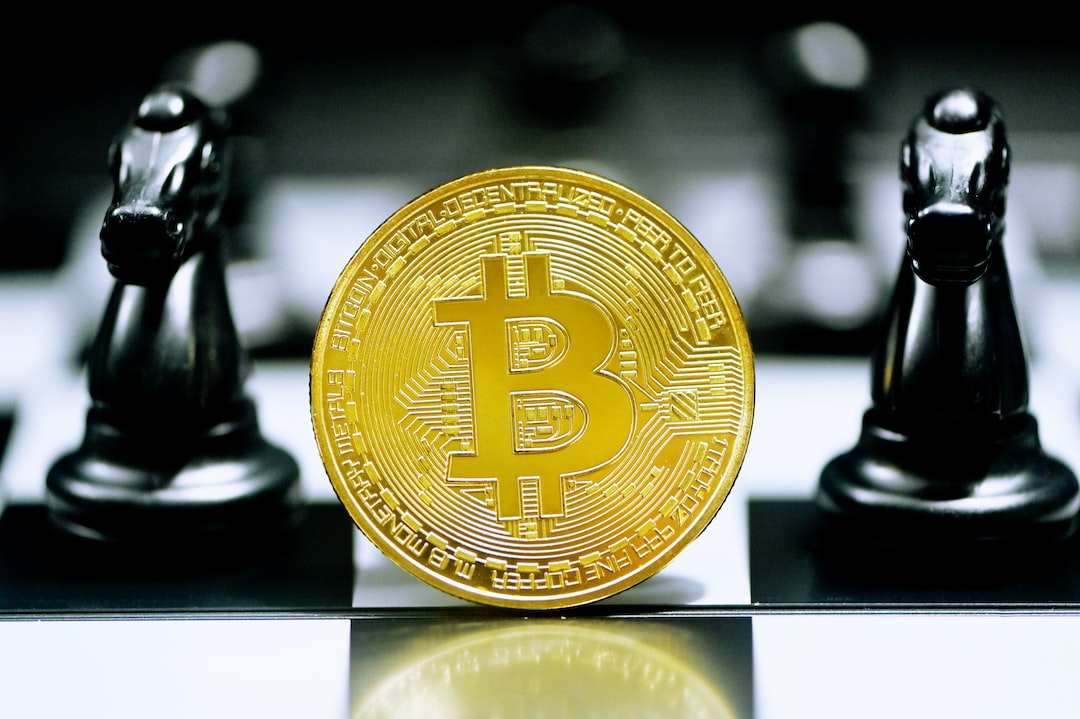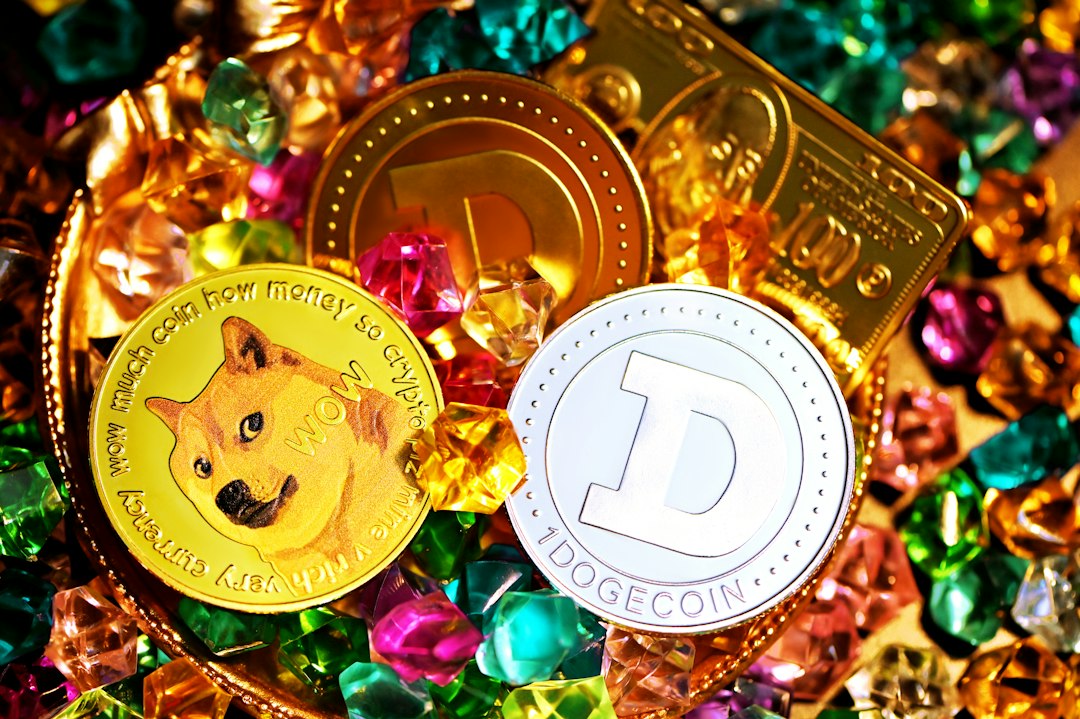A Hacker Allegedly Used “Magic: The Gathering” Cards to Launder Stolen Funds
A blockchain sleuth named ZachXBT claimed that a hacker who exploited the Uranium Finance DeFi platform in 2021 may have used “Magic: The Gathering” trading cards to launder their stolen funds. According to ZachXBT, the hacker withdrew 11,200 ETH from the Tornado Cash mixing service in increments of 100 ETH over the past year. They then converted the ETH to wrapped ETH (WETH), transferred it to a new address, exchanged it for USDC, and used some of it to purchase “Magic: The Gathering” cards.
Additionally, the hacker deposited some of the funds into centralized exchanges like Kraken, Bitpay, and Coinbase. ZachXBT suggested that these steps were taken to make it difficult to trace the origin of the funds back to the Uranium Finance exploit. The timing of the deposits and withdrawals indicates that the Uranium hacker and the buyer of MTG cards might be the same person.
Uranium Finance lost $50 million in a 2021 exploit where an attacker exploited a calculation error in the code. Following the exploit, the attacker sent some of the stolen funds to Tornado Cash and converted other tokens through various platforms.
Purchasing Rare Cards
ZachXBT discovered that the buyer of MTG cards used a U.S.-based broker to contact sellers on their behalf. The buyer purchased starter decks, alpha sets, and sealed boxes, often overpaying by 5-10%. They paid upfront using cryptocurrency and remained anonymous throughout the transactions. A collector named notsofast suggested that the hacker likely bought high-value vintage cards that are hard to find.
The fact that the hacker may have purchased these cards potentially taints the remaining supply of those cards, according to notsofast. The majority of these cards are considered old, rare, and have high value.
Hot Take: Implications of the Alleged Card Purchases
The alleged use of “Magic: The Gathering” cards to launder stolen funds raises concerns about the integrity of the card market. If the hacker indeed bought high-value vintage cards, it could affect the authenticity and provenance of those cards. This revelation highlights the need for increased security measures in both the crypto and collectibles industries to prevent money laundering and preserve the value of rare items.





 By
By
 By
By
 By
By
 By
By
 By
By